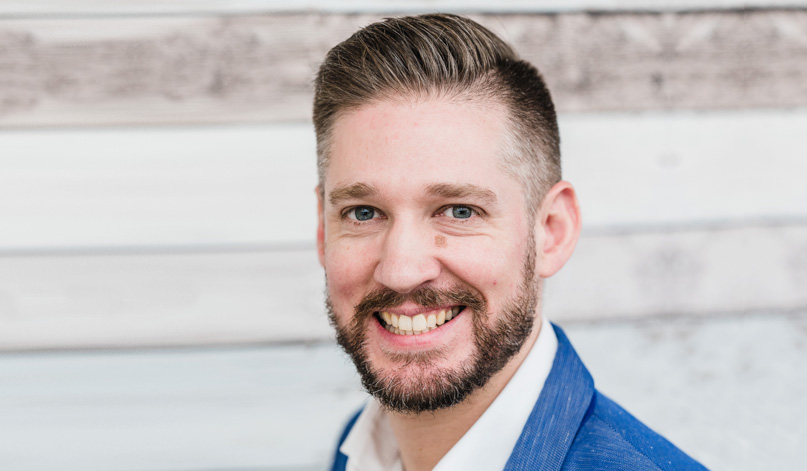It’s normal to be different.
That’s an important part of the message for Autism Acceptance Month this April, previously known as Autism Awareness Month. According to the Autism Society of America, the oldest U.S. advocacy group for autism, “autism is not a problem to be solved but rather a difference to be appreciated.” This year’s observance focuses on inclusive education.
"As human beings, we're pretty much programmed to fear differences - we don't like different," said Kelly Grainger, a neurodiversity advocate, committed to reducing the stigma and improving education surrounding neurodiverse diagnoses such as Asperger's Syndrome. "It's essentially a primal instinct. Being different is a really great thing. It's what makes us interesting."
Kelly was diagnosed with Asperger’s in 2019, one of five conditions on the autism spectrum, at age 44. In 2020, he cofounded Perfectly Autistic, a site dedicated to helping employers create autism and neurodiverse friendly principles.
"I had no idea that I was autistic," Kelly, who spent two decades in the corporate world, said. "The way that I thought, the way that I felt, the challenges that I had, particularly at work, I just assumed it was the same for everyone."
Autism spectrum disorder (ASD) is a neurological and developmental disorder that affects how people interact with others, communicate, learn and behave. There are five major types of autism: Asperger's syndrome, Rett syndrome, childhood disintegrative disorder, Kanner's syndrome, and pervasive developmental disorder. The conditions manifest differently among autistic people, causing a range of responses to social stimulation and avoidance of some neural stimulation such as bright lights or loud noises. About 1% of the world's population is believed to be autistic.
"I like to use the saying once you've met one autistic person, you've met one autistic person," Kelly said.
Kelly points out that not all autistic people are math whizzes or technological geniuses. However, many people on the spectrum display amazing aptitude with numbers, exceptional creative talent, and abilities for coding, design, music and athletics. Hollywood boasts several talents on the spectrum including actors Dan Aykroyd and Daryl Hannah and director Tim Burton. Researchers speculate that several famed historical figures - including Thomas Jefferson, Albert Einstein and Mozart - also were likely autistic.
Some of the traits on the autism spectrum such as singular focus and alternate experiences to a situation make autistic people more attractive to some employers. Cultivating their talents and accepting the accompanying differences are vital to helping autistic people to succeed. That can be as simple as making workplace adjustments more amenable for everyone.
"It reduces stigma around diversity," Kelly said. "Having a greater understanding of (autism) will enable greater innovation and access ability for all of your people. It opens up the organization to a huge pool of talent that may otherwise have been overlooked."

